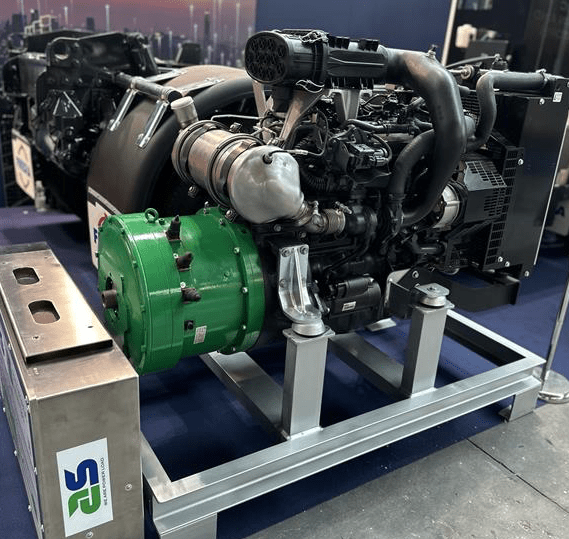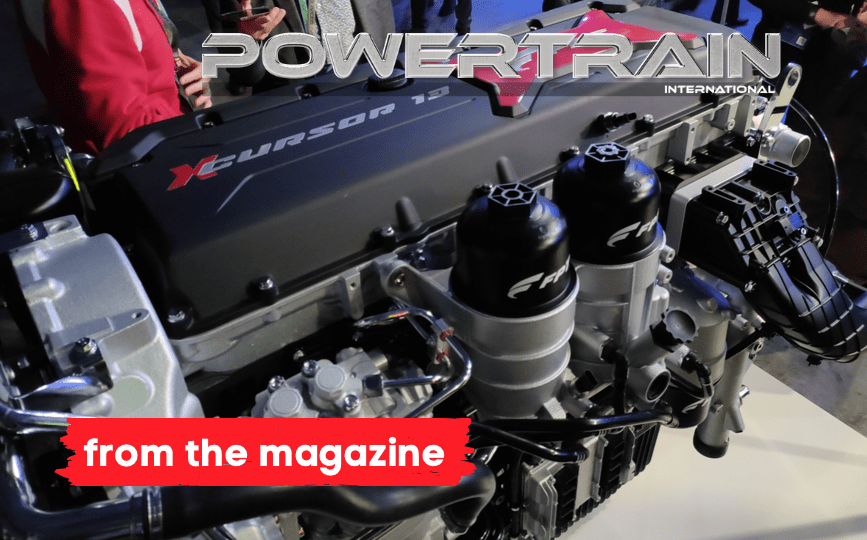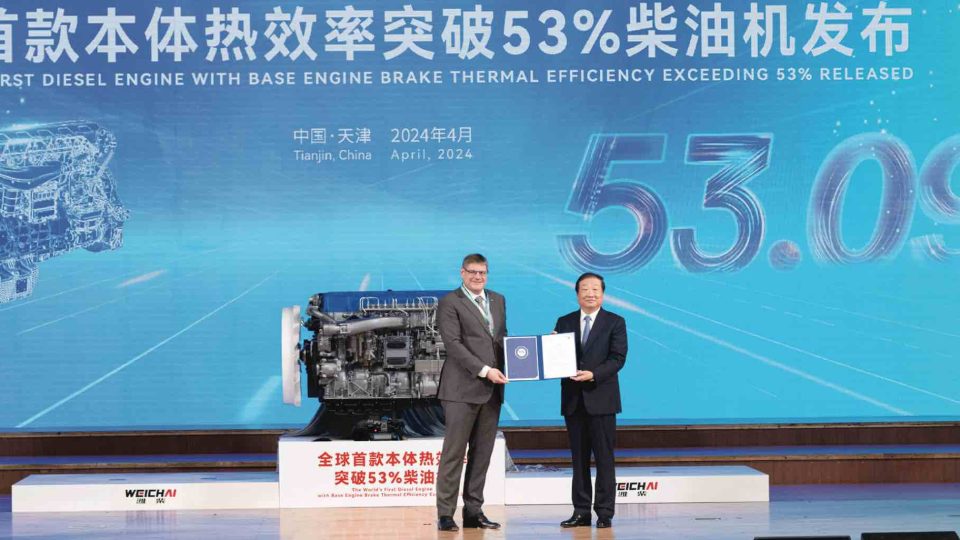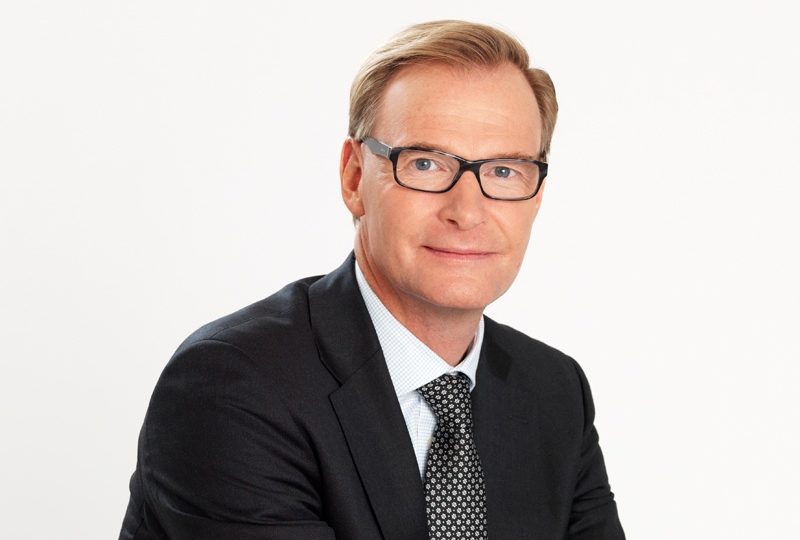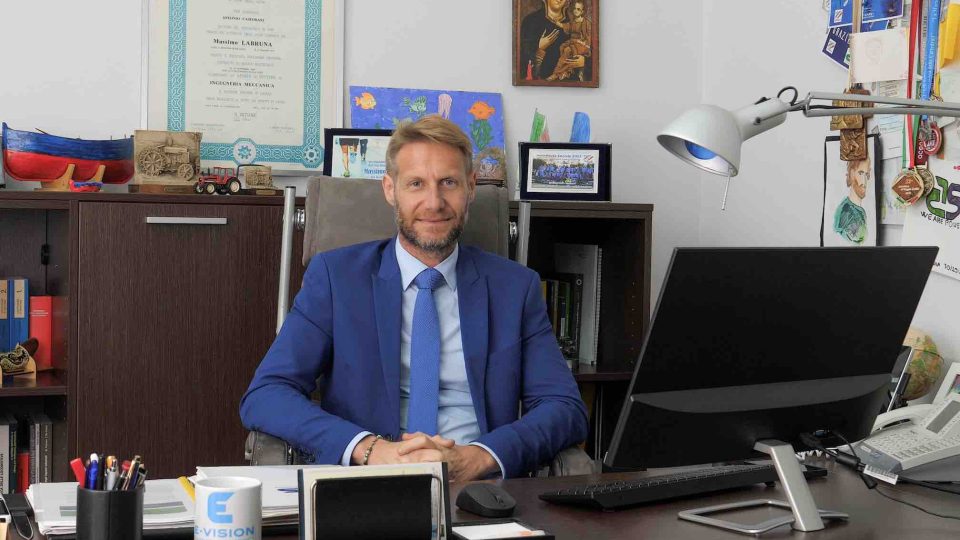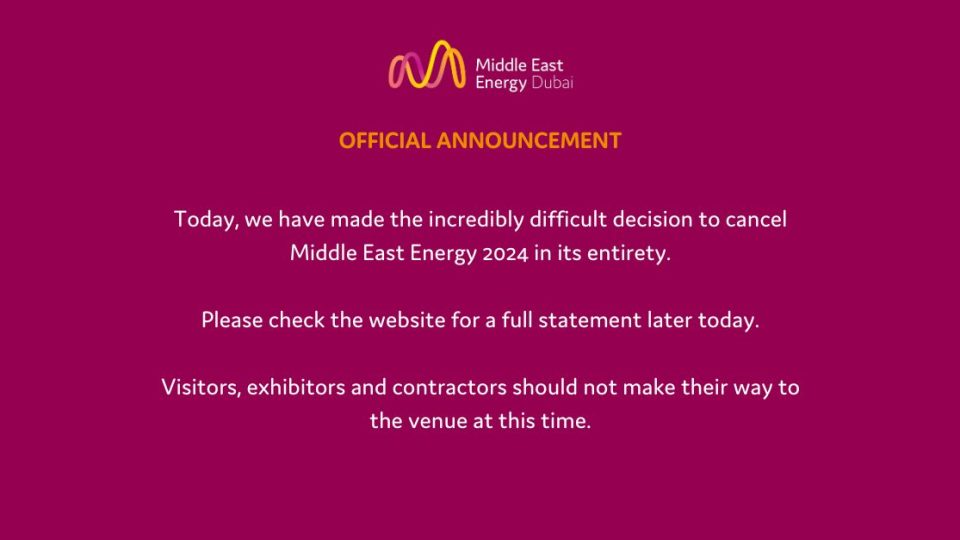Interview with Alessandro Malavolti, president of FederUnacoma
Together with Alessandro Malavolti, president of FederUnacoma (Federazione Nazionale Costruttori Macchine per l’Agricoltura/National Federation of Agricultural Machinery Manufacturers), we discussed the present and future situation of an important area such as international fairs from the point of view of one of the relevant players in the sector in Italy and also on an international level, […]
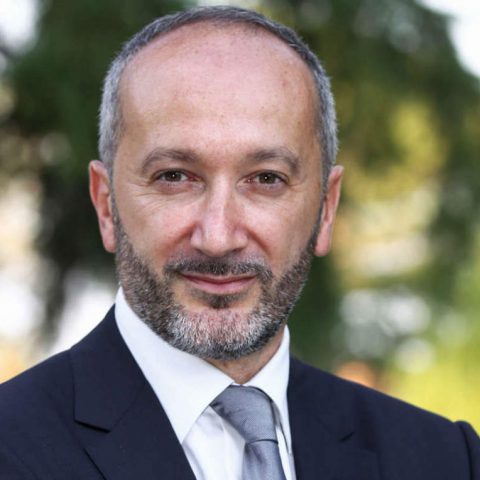
Together with Alessandro Malavolti, president of FederUnacoma (Federazione Nazionale Costruttori Macchine per l’Agricoltura/National Federation of Agricultural Machinery Manufacturers), we discussed the present and future situation of an important area such as international fairs from the point of view of one of the relevant players in the sector in Italy and also on an international level, while also investigating the likely future prospects for the market. Here is the thought of Malavolti.
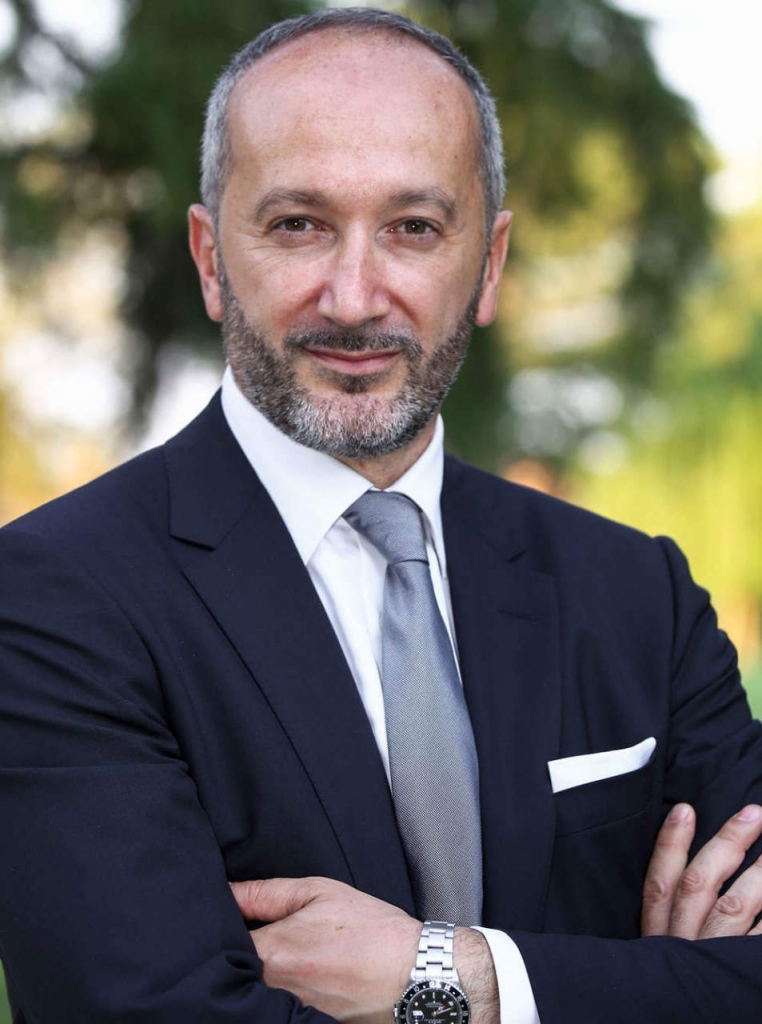
Goodmorning Mr. Malavolti, let’s start from the Sima. It seems that the last edition will be remembered, above all, for the rumors of a possible calendar change of the event. Can you tell us what happened in Paris and what were your fears?
A couple of days before the start of the fair some news came from a reliable source that Axema (the association of French builders, and organizer of the Sima) had already decided to move the Sima to November in the same year as Eima with two overlapping days between the two events, starting in 2020.
In the final announce, at the end of the exhibition, it was said that the traditional date is confirmed, namely February 2021. But be careful, the decision is not final yet; Axema itself reiterated that the association nevertheless reserves the right to evaluate the matter more carefully and to give an official communication about it within a couple of months.
SIMA 2019: NETWORKING IN A BUSINESS ENVIRONMENT
Assuming that the organizers have actually taken a step back on the possible postponement of the Sima in November, do you think this is due to the negative opinion of the builders?
I can only refer to what I personally heard from the most representative Italian exhibitors present in Paris. They are all against a possible overlap. Having two fairs of great importance at the same time, more than affecting the public, would negatively affect exhibitors.
Italian companies would find themselves in the situation of participating in odd years only to the Agritechnica in Hannover and in even years to four fairs: Fieragricola (Verona), Fima (Saragozza), Eima (Bologna) and Sima (Paris) with a disproportionate division of ‘exhibition budget’ from year to year.
It is rumored that some big players in the sector would like to see a three-year alternation of the three big events (Agritechnica, Eima and Sima), what is your position on the matter?
Indeed, the request for a three-year alternation was already made at Cema last year by the major full line manufacturers. Our position on the matter, which is also that of the DLG (the German association), is extremely opposite.
It is obvious that this solution is convenient for multinationals, allowing them to better manage their budgets, but it should not be forgotten that one big component of Feder Unacoma is above all small and medium-sized enterprises, companies for which the fair represents real sales opportunities as well as of extension of their business.
Out of 350 members, around 100 deal with components and 200 with implements, companies with an average turnover of around 5 million euros, for which the fair is vital. For them a fair every three years is unthinkable.
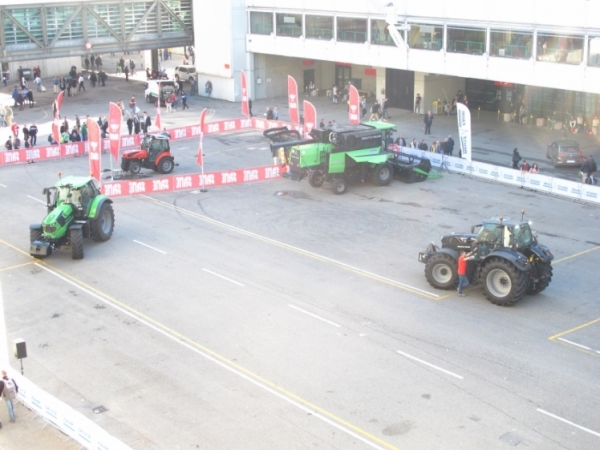
What are the strategies to facilitate the penetration of your associates into the new global markets?
The strategy has a dual nature, on the one hand the ai is continuing to attract customers and qualified foreign operators to Eima and on the other to encourage the participation of our associates in local events in countries where there are opportunities for developing their business. We have substantially selected a fair for each country (China, India and Russia) and we are promoting a ‘collective’ participation with stands organized by FederUnacoma with the contribution of ICE (the Agency for the promotion abroad and the internationalization of Italian companies) to attend events in an economically-sustainable manner. India is the first of these markets on which we have invested as a Federation, directly organizing Eima Agrimach’s international exhibition in New Delhi, which will hold its sixth biennial edition next December.
2018 has returned to 2016 values for tractor registrations in Italy. So, having thus disposed of the euphoria induced by the Mother Regulation, what values do you expect for the current year?
The first two months showed a decline, but January and February of last year were characterized by the MR effect of the previous year.
On the other hand, if compared with the same two-month period in 2016, there is a growth in the order of 8-10 percent. It is therefore desirable to expect a good year, with a final value of around 19,000 registered tractors.
Is revision the only answer for the renewal of the fleet or do you have in mind other solutions that can incentivize the purchase of new machinery?
The hope is that part of the CAP (Common Agricultural Policy) funds will be donated for a sort of scrapping in the form of a multi-year plan for the renewal of the fleet. We are well aware that a measure lasting one or two years, as it happened for the car industry, would have no other effect than to drug the market, leading then to further depression.

